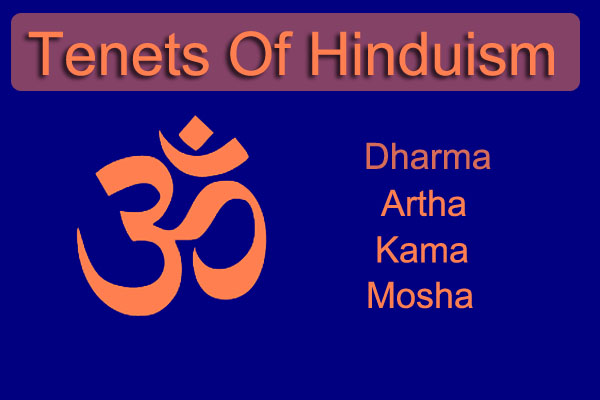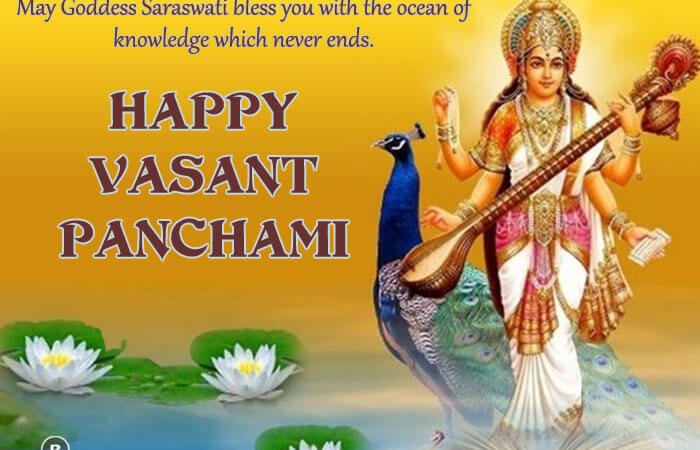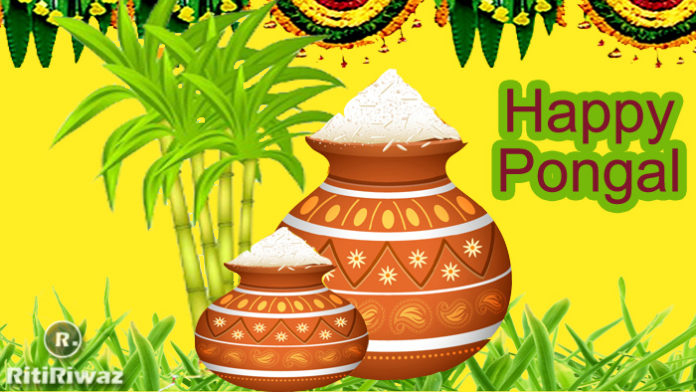The Basic Tenets Of Hinduism

The Hindu religion is difficult to describe because it does not have a single founder, text, or set of beliefs. Rather, it is characterized by an overlapping set of practices, cultural values, and norms.
The main purpose of human life is to get closer to God so that one’s soul can be released from a cycle of human suffering, death, and rebirth and achieve unity with the divine. Hinduism has gone through reforms, survived through great adversities, and is the third-largest religion in spite of no conquest or conversion. Some of the tenets of this gentle religion are as follows:
Also Read: Vedic culture and its philosophy.
1. Tat Tvam Asi – That Though Art!
This is the essence of Hinduism that emphasizes that we are all spiritual beings going through a human experience. The all-pervading Divine Spirit is in humans, animals, and inert objects alike.
2. Hinduism and Conversion:
In Hinduism, there is no concept of conversion, and conversion to Hinduism is additive, not substitutive. Hinduism is meant to strengthen a person’s own faith.
3. Sat-Chit-Anand:
Hinduism believes that contentment comes in understanding the true nature of the self, which is Truth, Consciousness, and Bliss.
4. Ekam Sat Viprah Bahuda Vadanti:
The tradition of Mutual Respect, not simply Tolerance: Hinduism preaches acceptance of all other faiths and not simply tolerance. It’s of no surprise that India, in the birthplace of Hinduism where nearly 85% practice Hinduism.
5. Caste System:
The Social order was strictly based upon the activities performed (professions) and the qualities exhibited by the individuals. It did not depend upon the family one was born in. The three siblings in the same family could have three different chosen social classes. The modern Hindu society has recognized the irrelevance of this system today and actively discourages any form of discrimination.
6. Hindus have One Supreme God – Brahman: Formless, Omniscient, Omnipotent, and Omnipresent.
Hindus believe in one Supreme Being, the Brahman. Brahman in manifest form is called Ishvar. The large pantheons of Gods or Divine Murtis are a mere representation of that Single Ishvar. These Gods are like custom-made solutions for different spiritual temperaments.
7. Hinduism celebrates Feminism.
Hinduism believes in the oneness and equality of all, regardless of age, gender, race, ethnicity, or skin color. This is emphasized by the fact that the Hindu pantheon has many Goddesses who are just as or sometimes even more powerful than their male counterparts.
8. Principle of Karma is the Law of Actions-and-Consequences.
The Law of Karma says that the present standing of a man is a natural consequence of her or his past actions in the present life and the many before. Man is caught in a cycle of death and rebirth until all his karmas are exhausted and oneness with God.
9. Very Hopeful Religion: Each Individual is liberated (MOKSHA):
There is NO eternal hell or damnation in Hinduism. Everyone completes his education learning through life experiences and helped by the spiritual teachers (GURU) and guided by the Sacred Hindu Scriptures.
10. Practices and Rituals in Hinduism
There is no prescribed practice or ritual mandated by Hinduism. Ancient Dharma Shastras are like a general code of conduct, which is open to improvisations based upon the circumstances and the times we live in.
Also Read: The Sixteen Sanskaras In Hinduism






